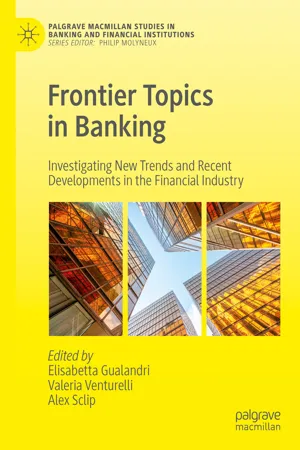1.1 Alfred Nobel, His Will, and the Nobel Foundation
The Nobel Prize is the most prestigious award given in recognition of academic, cultural, and/or scientific advances. It was conceived by Alfred Bernhard Nobel, a Swedish chemist who was born in Stockholm in 1833 and died in San Remo in 1896. Nobel was an accomplished chemist, inventor, entrepreneur, and industrialist. As such, he became one of the most notable and wealthy men of the late nineteenth century. The cultural environment in which he lived, along with his high level of education thanks to his father’s support, almost certainly contributed to his success. Indeed, as early as age 17, Alfred already spoke five languages fluently and was very familiar with subjects such as engineering and chemistry. Another factor that likely contributed to his genius was his cosmopolitan personality, to the extent that Victor Hugo described him as “Europe’s richest vagabond”. His popularity is mainly ascribed to the invention of dynamite, but Nobel must also be remembered for patenting over 355 inventions during his intense entrepreneurial life. His discoveries became his fortune, as he showed the ability to combine a scientist’s mind with the skills of a businessman.
While at the beginning of his entrepreneurial life Alfred showed a tendency toward recklessness when dealing with dangerous experiments (his own brother was killed in an explosion), once he was thwarted by Swedish authorities, he endeavored to improve the conditions of the products he traded, spending a lot of time in order to figure out safer solutions for his factories.
Nobel’s philanthropic interests may have crystallized after reading his own obituary in a Paris newspaper. Several newspapers in Paris erroneously reported his death, when it was his brother, Ludvig, who had died in 1888 in Cannes, while Alfred was living in Paris. The Parisian newspaper mistook Ludvig for Alfred and reported Alfred’s supposed death with the headline “Le marchand de la morte est mort” (“The merchant of death is dead”). The obituary highlighted his involvement with the manufacturing of explosive chemicals and the development of armaments, portraying him as an arms merchant. The journalist who mistakenly published his obituary stated that Nobel “became rich by finding ways to kill more people faster than ever before”.1
Nevertheless, in one of his last acts before his death, Alfred rewrote his will in order to donate his entire fortune toward the establishment of a prize to be awarded to people of any nationality who made the most compelling achievement for the benefit of mankind in the fields of chemistry, physics, physiology or medicine, literature, and peace among nations. In 1895, the Nobel Foundation was founded, along with a set of regulations for awarding the five Nobel Prizes. However, it took five years to realize his vision, since he had left no specific instructions for its implementation. Nobel’s decision that Norway, not Sweden, should award the Nobel Peace Prize was felt as a personal offense by the Swedes, and the royal family in particular. At the time Norway was seeking independence from Sweden, and the relationship between the two countries was rather conflictual. The Swedish King interpreted Nobel’s will as an expression of support for Norway’s separation from Sweden and even considered rejecting the will’s instructions to establish the Foundation.
The Nobel Foundation was established to manage the funds, supervise the selection of awardees, and organize the award of the prizes. Ragnar Sohlman, an engineer working in Nobel’s Karlskoga laboratory, and the Swedish industrialist Rudolph Lilljequist were the executors of his will.2 Once they realized that the financial resources of Nobel’s inheritance were scattered in different countries all over Europe, Sohlman and Lilljequist worked ceaselessly to bring them back to Sweden, where they eventually established the Foundation on 26 April 1897, following the approval by the Swedish Parliament and approximately one year after Nobel’s death. The institution envisaged the presence of a board of directors in charge of the financial management of the assets, while the prizes would be awarded by bodies independent of both the Foundation and other national authorities. This allowed for an autonomous and objective appointment process.
At the time of the establishment of the Foundation, the inheritance of Alfred Nobel amounted to 31 million Swedish crowns, equivalent to about 200 million euros. A...
